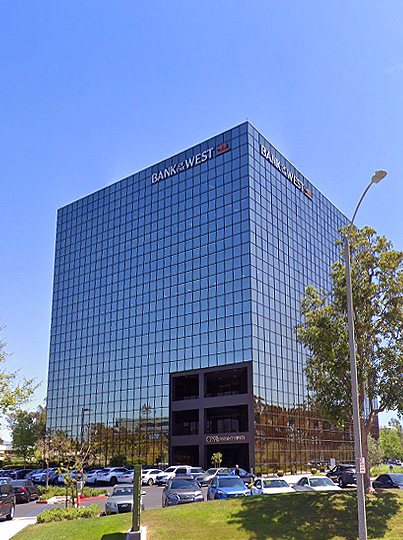Liability and Legal Concerns Regarding Self-Driving Vehicles
Every day people get into car crashes due to negligence, user error, bad reaction times, and just plain bad luck. In fact, according to the Association for Safe International Road Travel, 2.35 million Americans are injured or disabled in road crashes every year.
As it stands, if an individual suffers an injury following a collision with, or in, a vehicle as a result of a driver’s negligence, that individual would be entitled to make a claim for compensation against that driver’s insurance company.
But what happens when an accident is caused by a driverless vehicle or auto-piloted vehicle? Who is responsible? Should liability be attributed to the owner of the driverless car, even though he or she was not actually in control? How can victims be compensated for their injuries? All of these are evolving discussions that our experienced California Auto Accident Lawyers must deal with when representing injured victims. To better understand this issue, let’s take a closer look at liability and legal concerns of self-driving vehicles.
Who Is Responsible For An Accident?
Understanding Liability for Semi-Autonomous vs. fully-Autonomous Vehicles
Automated vehicle technology (‘AVT’) is developing rapidly and, despite some public concern, driverless cars are expected to improve road safety by eliminating the cause of the vast majority of road traffic collisions – human error. However, the questions above still require answers so that when collisions do occur, victims are able to access compensation for their injuries and for their financial losses.
When looking at liability, one of the most important concepts to understand is the difference between Semi-Autonomous Vehicles and Fully-Autonomous Vehicles.
- In a Semi-Autonomous vehicle, the Human Driver is always expected to share some responsibility for any incident that occurs.
- In Fully-Autonomous Vehicles, the Human is considered a backup, and the Self Driving Software is in control.
In cases that involve self-driving vehicles, liability could rest with many parties, such as:
- The driver of the vehicle
- The car manufacturer
- The self-driving software developer
- The parts manufacturer
If one is able to determine if one of the aforementioned entities is responsible for the accident, then their percentage of fault must then be decided, which could further complicate legal resolutions.
As you can see, until there are more cases that can be used as precedent and government agencies are able to develop more legislation, questions of liability will remain when it comes to accidents involving self-driving vehicles.
How are Insurance Companies Reacting to Self-driving Vehicles?
As this new technology becomes more mainstream, we can expect insurance companies and manufacturers to push back against regulations and courts to award compensation to victims. Recouping costs from the negligent manufacturers could be expensive for insurance companies.
However, it is expected the introduction of driverless cars will result in fewer accidents and therefore bring insurance premiums down. There are also likely to be less fraudulent claims as insurers will be able to access data from the automated vehicles to check whether the claims are genuine.
Suffering a Personal Injury during Car Accident
If you are hurt in a car accident, whether it involves traditional vehicles or emerging driverless technology, you need experienced legal representation from a law firm that understands the rapidly changing face of high-tech auto accident law.
The experienced personal injury attorneys for Allen Flatt Ballidis & Leslie are available to take your call and answer your questions. We believe in holding those responsible accountable for their actions and fighting for the compensation that injured victims deserve. If your injuries were caused by another person’s negligence or due to a manufacturer’s defect, then your family should not have to suffer. Our firm will fight to protect your rights. Contact us to learn more at 888-752-7474 or contactus@allenflatt.com.
Even if you aren't sure you have a case, give us a call at (888) 752-7474, or fill out our Free Case Review below.
We are here to help.
 RSS
RSS


